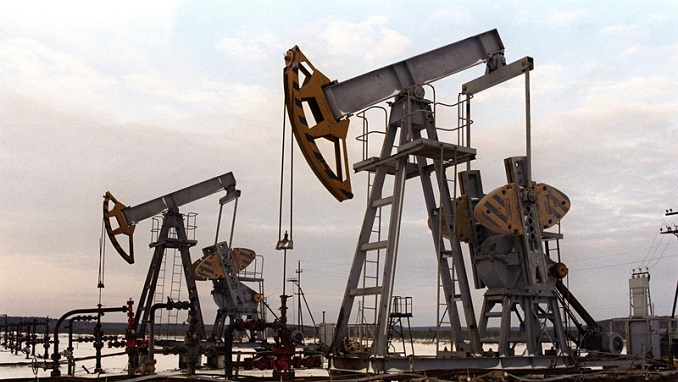With the constant turbulence in the Russian oil market due to the war in Ukraine, the market is attempting to figure out which companies will fill the hole left by the world’s major oil merchants cutting back on Russian crude supplies, according to Bloomberg.
Trafigura halted all the purchases of crude oil from Rosneft, Russia’s state company due to the very strict EU rules imposed on Russia’s oil sales, Reuters said.
The company will additionally reduce the volume of refined products it purchases from Rosneft as well.
Trafigura is a vital part of the Russian oil scene and is a major crude lifter.
Company representatives previously claimed that they would fulfill the current contracts with Rosneft but won’t be agreeing to new deals. However, the new EU rules forced them to retreat from the market.
The company Vitol, which is the biggest oil trader in the world, said that the new Russian business will not be touched and that the activities are set to decline for the upcoming quarter, Bloomberg reports.
Despite the sanctions, Russian loadings are up, and both Trafigura and Vitol remain the largest traders of Russian Crude.
On the other hand, Coral Energy decided to take on the volumes of diesel and LPG that Rosneft was previously supplying to the Swiss company Proton Energy, Reuters informed.
The company is set to lift around 40,000 tonnes of LPG on a monthly basis, while the diesel quantities are estimated to be at 100,000 tonnes.
According to the traders, the company will most likely transport the purchase quantities through rail.
Paramount Energy & Commodities SA is also a Russian crude seller that made an attempt to sweeten the terms of buying crude from Russia after many companies turned their back because of the ongoing Ukraine operation, Bloomberg says.
Bloomberg also reported that the Russian barrels were offered with increased discounts in order to attract all the buyers who were not discouraged by all the sanctions, the problems with funding, and moral dilemmas, although Russian oil itself, is still not targeted by the overwhelming sanctions.
The company also gave Chinese buyers the opportunity to pay in yuan for the purchase trying to keep the export channels that remained operational.
Litasco SC is also becoming one of the largest handlers of Urals grade, which is Russia’s flagship, Bloomberg explains.
The company, a unit of Lukoil PJSC, contracted tankers to move at least 14 million barrels in April and 8.6 million in the first half of May, according to Bloomberg.












